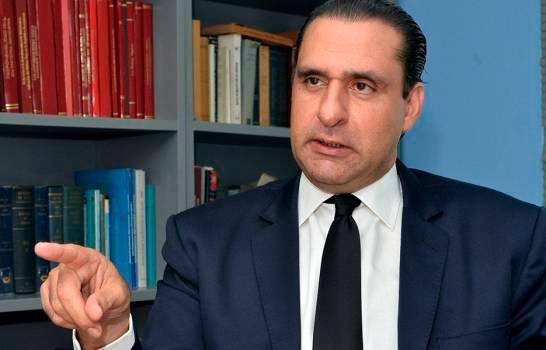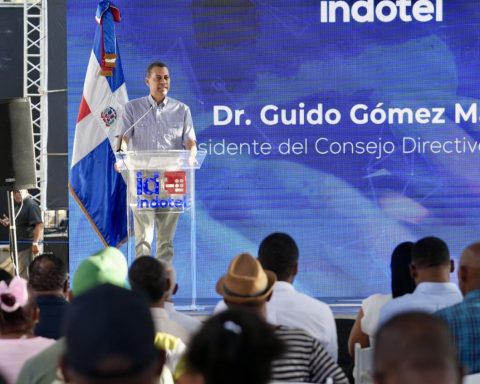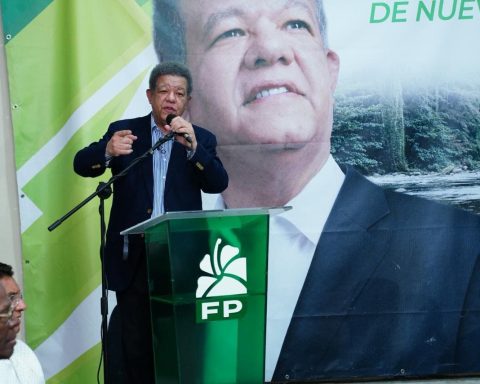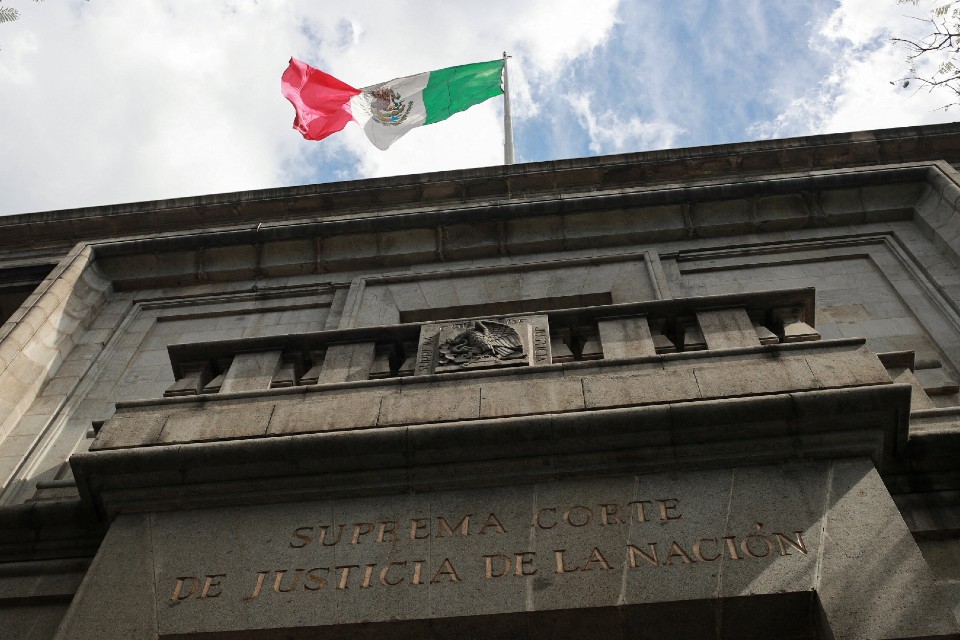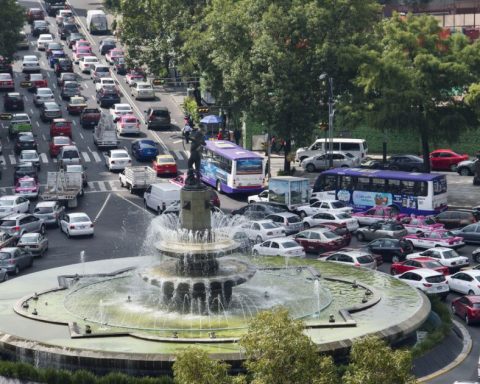The executive vice president of the Institutionality and Justice Foundation (FINJUS), Servio Tulio Castaños Guzmán, pointed out this Tuesday that the new Constitution, in force since last Sunday, October 27, introduces significant changes that seek to modernize the Dominican political system. Among the reforms, the unification of elections, the reduction of deputies and the limitation of presidential reelection stood out.
One of the most commented points is the inclusion of a paragraph in article 274 on succession to municipal positions. According to this, “in the event of a gap in the line of succession at the municipal level, the law will establish the mechanism to be used to fill the vacancies.” This modification responds to situations such as the one that occurred in the mayor’s office of La Vega, where the appointment of the elected mayor as Minister of Sports and the resignation of the vice mayor left the position vacant without a clear procedure to resolve it.
Castaños Guzmán explained that, although the reform proposes a possible solution for these gaps, it does not assign the President of the Republic the responsibility of making appointments in these cases. Historically, the 1966 Constitution and its reforms of 1994 and 2002 allowed the President to fill vacancies in municipal governments. However, this power was eliminated in 2010, maintaining the same position in the 2015 reforms and the one recently adopted in 2024.
Law No. 176-07 grants the President in its article 64 the power to appoint these figures, but this provision lost constitutional validity after the elimination of said power. FINJUS warns that this regulatory vacuum still does not have an adequate legal procedure to resolve successions in local governments.
In the words of Castaños Guzmán, FINJUS emphasizes that any procedure must reflect the popular will and not focus on the President. The Constitution, in its article 201, paragraph II, establishes that municipal candidates must be elected by the people every four years, thus underlining the democratic nature of the process.
The Foundation reaffirms the importance of an updated legal framework that guarantees that the replacement of local authorities is fair and democratic. FINJUS trusts that the 2024 constitutional reform is the first step towards a process that respects the will of citizens and provides coherence and clarity in the succession of municipal positions.
Below is the full statement:
The Constitution of the Republic that came into force this Sunday, October 27, brought with it significant changes that deal with the unification of elections, the reduction of the number of deputies and placing limits on presidential reelection.
Among other things, among the modifications made, a paragraph was included in article 274 on the constitutional period of elective officials. It adds in paragraph number II that: “In the event of a gap in the line of succession at the municipal level, the law will establish the mechanism to be used to fill the vacancies.”
The situation generated in the mayor’s office of La Vega with the appointment of the elected mayor to assume the role of sports minister, followed by the resignation of the elected vice mayor, has presented a situation that seemed to have no precise answer in the constitutional framework.
Although it is true that the present reform introduces a possible solution to amend the void caused, let us remember that it does not indicate the President of the Republic as the person in charge of making such appointments.
Let us remember that the post-state expressed as Head of the Public Administration of the President to be able to designate positions of Councilors or Municipal Trustees or of the National District in the event of vacancies was a solution that was regulated from the 1966 Constitution and preserved in the 1994 reforms. and 2002, but which was repealed as of the constitutional reform of 2010, remaining the same with that of 2015 and now with that of 2024.
With the recent modification, this power has not been returned to the President either as Head of Government or as Head of State, but rather the channel has been opened for said procedure to be regulated. Although Law No. 176-07 empowers the President in its article 64, numeral I, to appoint such figures to the municipal council, this is a power that found its foundations in a clause that was removed and that is no longer valid today, which therefore has been left without constitutional validity.
It is noted that the inconsistency still exists since a legal procedure that regulates the matter has not yet been established. In every State that must be called democratic, there are guarantees to protect and support the popular will. It is the same Constitution that, consequently, indicates in article 201, paragraph II, that candidates for municipal and municipal district elections for The mayor or mayor will be elected every four years by the people of their jurisdiction.
FINJUS reiterates its position that it is not possible to retain in the President of the Republic a power whose core is developed in the citizens as an electoral body of the representatives of their demarcation. With the current constitutional modification, the debate must be directed to the establishment of an updated framework that provides an adequate procedure to remedy this gap.
